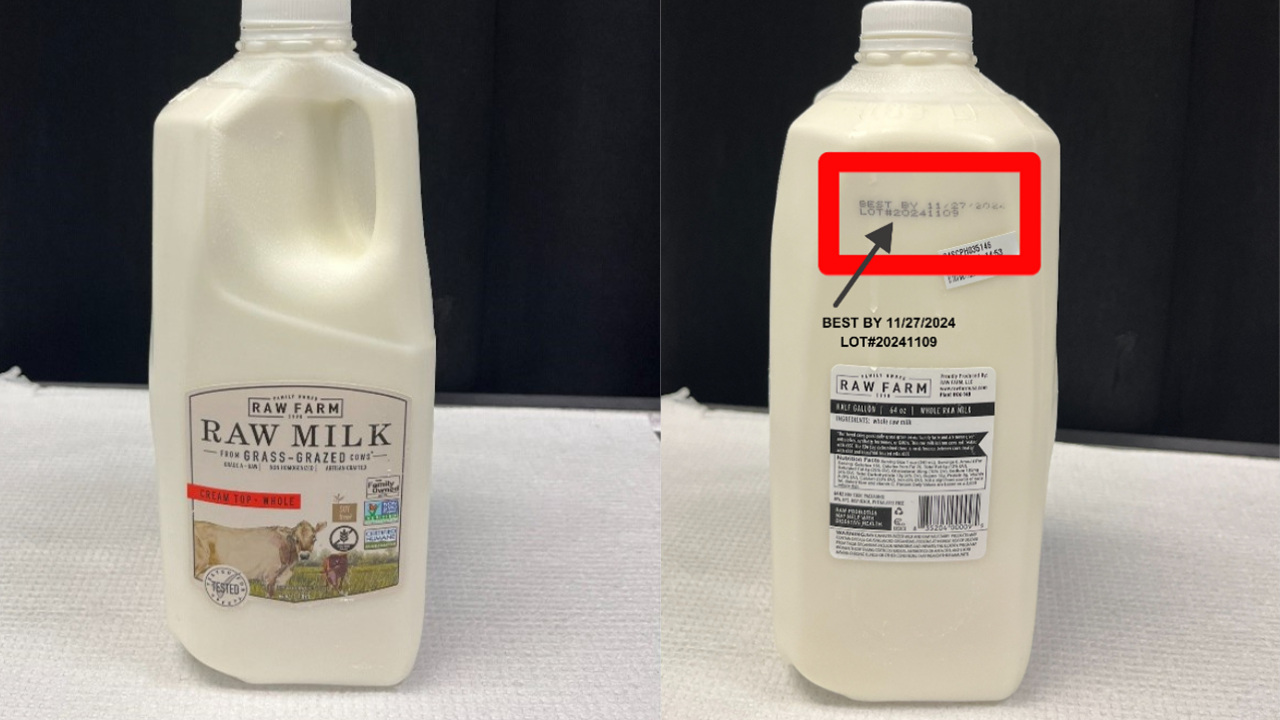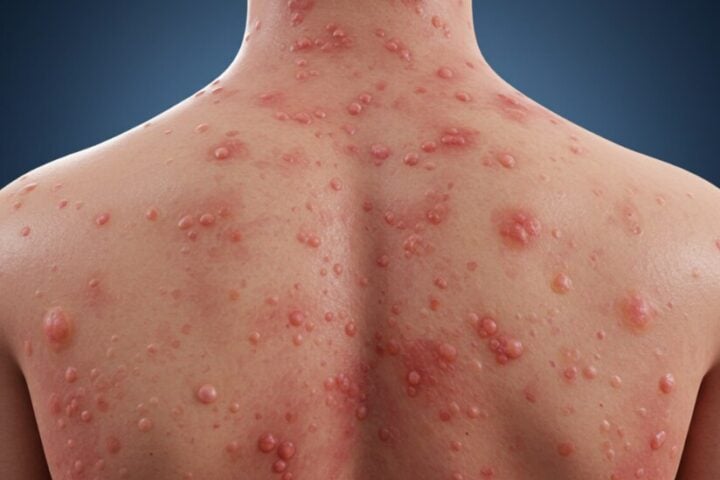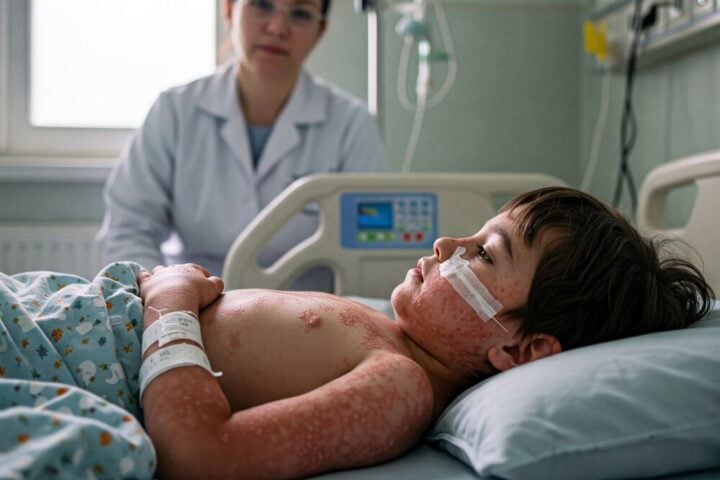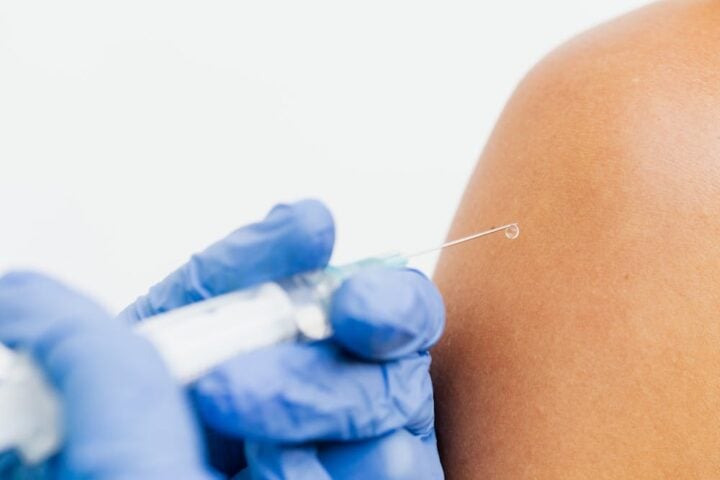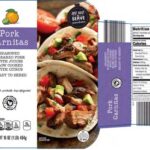California health officials detected H5N1 bird flu virus in raw milk from Raw Farm, prompting a voluntary recall of products with a November 27 expiration date. The discovery comes amid rising raw milk consumption and debates over food regulation.
Detection and Immediate Response
The California Department of Public Health (CDPH) identified the virus in a retail sample tested by Santa Clara County Public Health Laboratory. Raw Farm issued a voluntary recall for lot ID #20241109, which includes quart and half-gallon sizes of cream top whole milk.
Mark McAfee, CEO of Raw Farm, questioned the findings: “This is done by the California Department of Public Health, which is an arm of the FDA, and it’s one sample collected by an Independent County Health department in Santa Clara that they believe tested positive for a fragment of H5N1. The fragment does not mean you have a living organism that actually will cause a disease.”
Current Health Impact and Statistics
Since early October, California has reported 29 confirmed human cases of bird flu:
- 28 cases involved direct contact with infected cows.
- All cases showed mild symptoms, primarily eye infections.
- No hospitalizations required.
- No person-to-person transmission detected in California or the U.S.
Raw Milk Movement and Political Context
Raw milk sales increased 20% over the past year, despite growing H5N1 risks. The FDA reports 202 disease outbreaks linked to raw milk consumption since 1998, resulting in:
- 2,645 illnesses
- 228 hospitalizations
- Three deaths
Public figures have taken opposing stances on raw milk regulation. Robert F. Kennedy Jr., who President-elect Donald Trump has selected, criticized the FDA’s “aggressive suppression” of raw milk on social media.
Louisiana recently passed legislation legalizing raw milk sales. State Representative Kimberly Coates stated: “Our citizens have the right to buy those products even though they have risks associated with them.”
More Stories
Health Officials’ Response
The California Department of Food and Agriculture has implemented twice-weekly testing at raw milk banks. Testing at Raw Farm’s two locations yielded negative results after the initial detection.
The CDPH warns that infection risks include:
- Drinking contaminated raw milk
- Accidentally inhaling the virus while handling raw milk
- Touching eyes, nose, or mouth with unwashed hands after contact with contaminated products
Consumer Demographics and Industry Impact
Raw Farm reports increased demand despite health concerns. “There are no products in the stores right now. Everything is sold out. We are doubling up our delivery, and having a hard time keeping ahead of demand,” McAfee said.
The CDC maintains its recommendation for consuming only pasteurized dairy products, citing pasteurization’s role in reducing milk-borne illnesses since the early 1900s.
Health officials emphasize increased risks for:
- Children under 5
- Adults over 65
- Pregnant women
- Individuals with weakened immune systems
This public health situation continues to develop as officials monitor both the spread of H5N1 and its potential presence in the raw milk supply chain.
